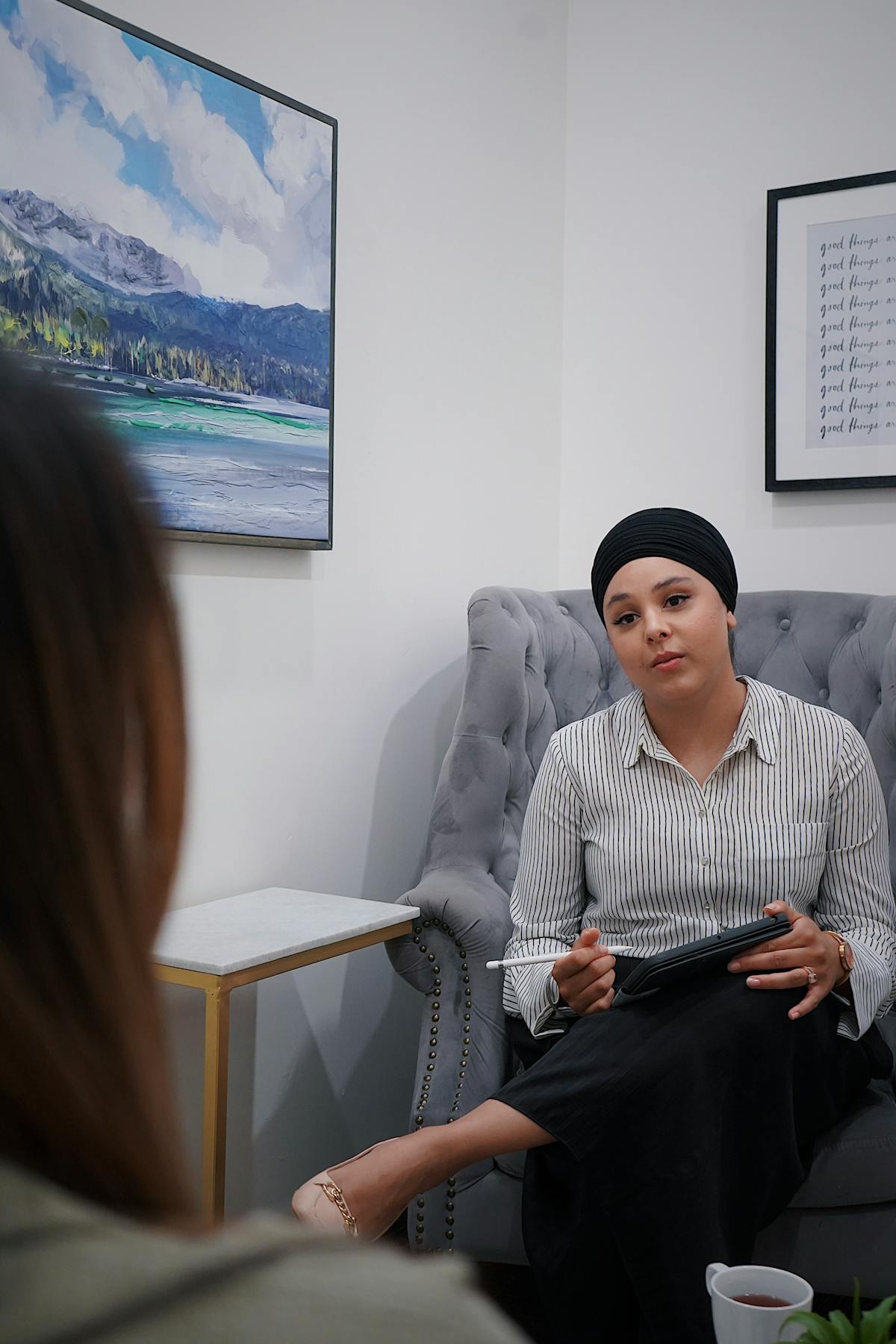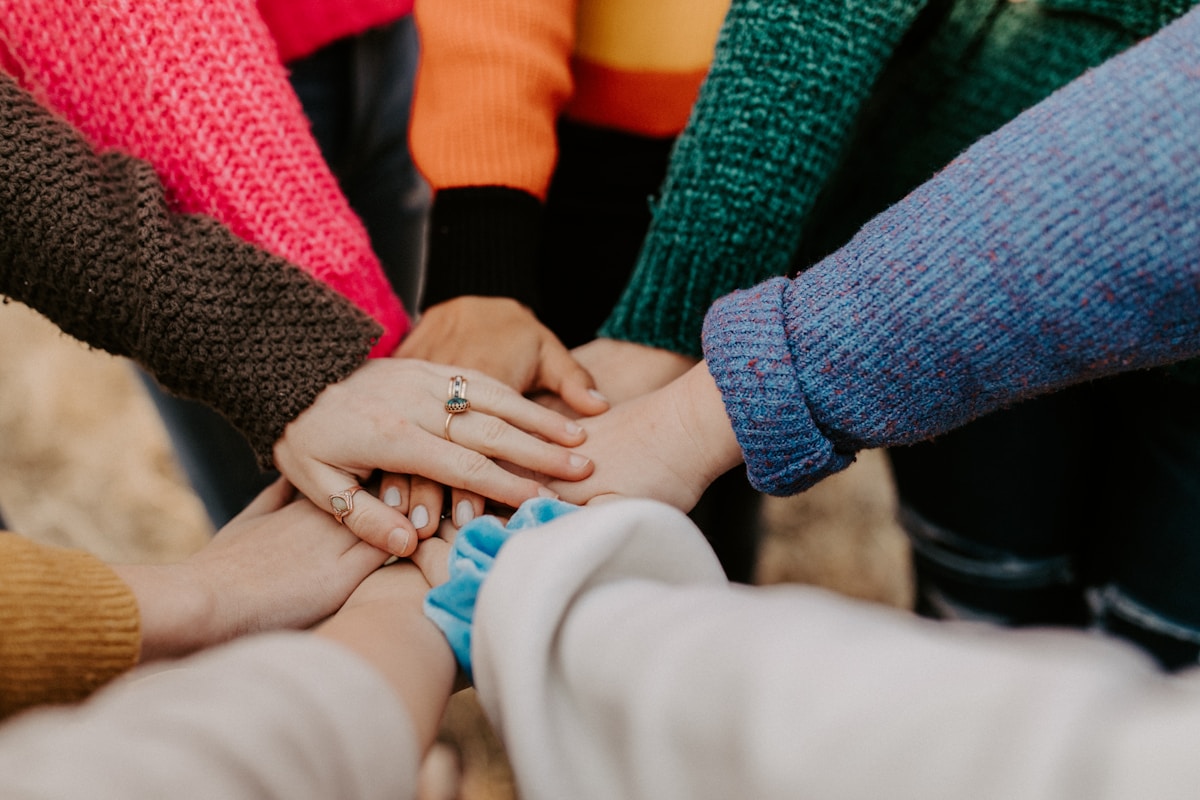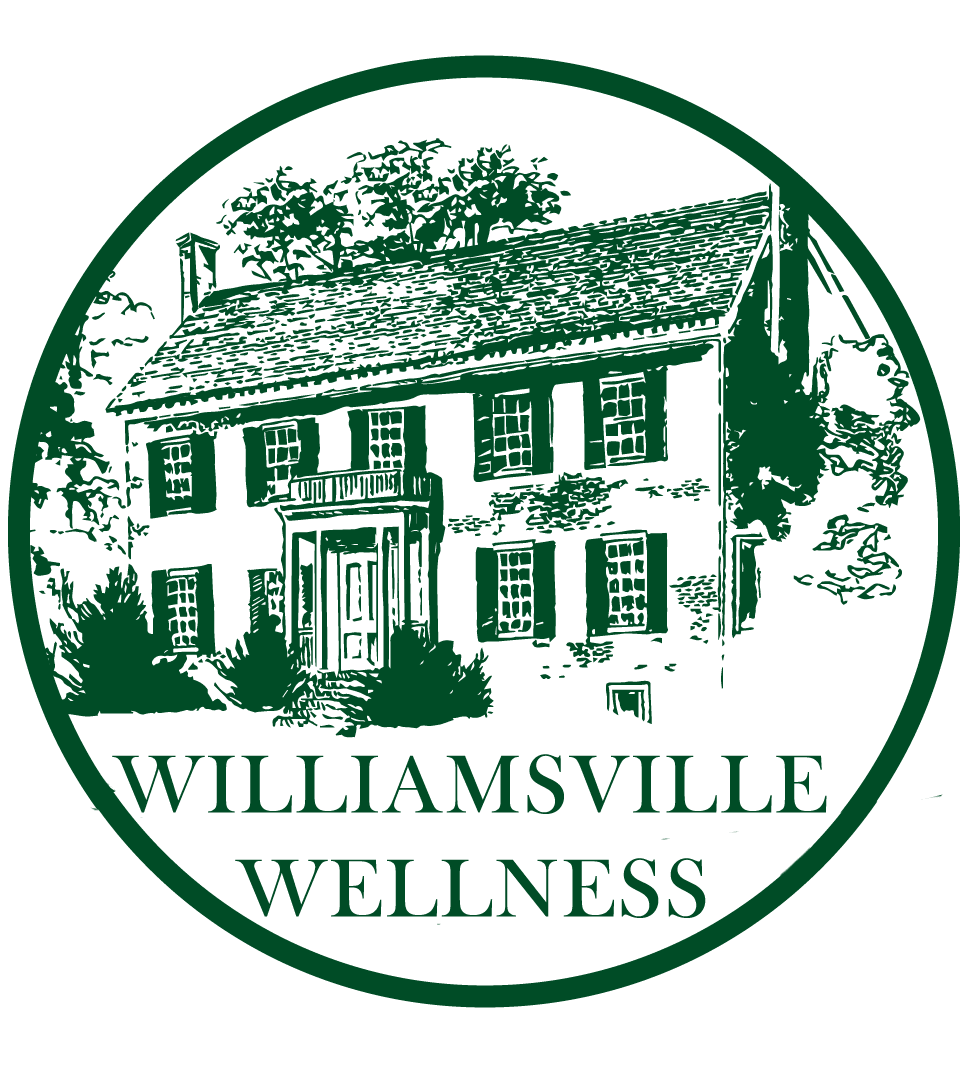Women's Unique Challenges in Addiction Recovery
Understanding gender-specific barriers and creating pathways to lasting recovery for women
📚 What You'll Discover in This Guide
- Understanding Women's Unique Recovery Challenges
- Biological Differences and Addiction Progression
- Trauma, PTSD, and the Path to Addiction
- Stigma and Societal Expectations
- Motherhood, Pregnancy, and Treatment Access
- Co-occurring Mental Health Conditions
- Systemic Barriers to Treatment
- The Power of Gender-Specific Treatment
- Building Recovery Capital and Long-term Success
Addiction recovery is rarely a one-size-fits-all journey, and emerging research continues to demonstrate that women face distinct challenges and barriers that differ significantly from their male counterparts. While addiction affects people of all genders, the unique biological, psychological, and social factors that women experience create a complex landscape requiring specialized understanding and treatment approaches.
According to the Recovery Research Institute, women with substance use disorders are more likely than men to face multiple barriers in accessing treatment and are less likely to seek specialized addiction treatment. This disparity isn't simply about access—it reflects deeper systemic issues rooted in both biological sex differences and gendered societal roles that create unique obstacles to recovery.
Understanding these gender-specific challenges is essential for creating effective addiction treatment programs that address women's actual needs rather than applying male-centered models. When treatment programs recognize and respond to women's unique experiences, recovery outcomes improve dramatically.

Professional support addresses the unique challenges women face in addiction recovery
This comprehensive guide explores the specific obstacles women encounter during their recovery journey, from biological factors that accelerate addiction progression to the societal stigma that prevents many from seeking help. By understanding these challenges, we can better support women in achieving lasting recovery and transform our approach to residential treatment programs.
Understanding Women's Unique Recovery Challenges
The landscape of addiction recovery for women differs fundamentally from that of men, shaped by intersecting biological, psychological, and societal factors. Research consistently demonstrates that women experience substance use disorders differently across every stage—from initial use to addiction development, treatment seeking, and long-term recovery maintenance.
Women often enter drug addiction treatment with lower self-esteem than men and face greater levels of stigmatization due to traditional societal roles as mothers and caregivers. This stigma creates a powerful deterrent to seeking help, as women fear judgment not only for their substance use but also for perceived failures in their caregiving responsibilities.
The concept of "telescoping" describes how addiction progresses at a faster rate in women than men. What might take years to develop in men can occur in months for women, a phenomenon linked to both physiological differences and the complex interplay of psychosocial factors. Understanding this accelerated progression is crucial for early intervention strategies.

Women benefit from gender-specific treatment environments that address their unique experiences
Biological Differences and Addiction Progression
The physiological differences between women and men create distinct vulnerabilities to addiction and affect how substances impact the body. These biological factors aren't just minor variations—they fundamentally alter addiction risk, progression, and recovery needs.
Women metabolize alcohol and drugs differently than men due to having fewer stomach enzymes and more fatty tissue. This means substances remain in a woman's body at higher concentrations for longer periods, leading to more severe physical effects even with lower consumption levels. The biological reality creates greater health risks and accelerates the path from casual use to addiction.
🔬 Critical Biological Factor
Women's bodies process substances differently, resulting in higher blood alcohol concentrations and longer exposure to drugs, accelerating addiction development and increasing health risks.
Hormonal fluctuations throughout menstrual cycles, pregnancy, and menopause influence substance use patterns and cravings. Research shows that estrogen levels can affect the rewarding properties of certain drugs, potentially increasing vulnerability during specific phases of the menstrual cycle. Understanding these hormonal influences is essential for developing effective alcohol addiction treatment strategies for women.
The faster progression from first use to addiction—known as telescoping—means women often develop addiction-related health problems sooner than men, even with shorter periods of substance use. This accelerated timeline demands earlier intervention and recognition of warning signs specific to women's experiences.
Women also face higher risks of medical complications from substance use, including liver damage from alcohol, cardiovascular problems, and reproductive health issues. These health vulnerabilities make comprehensive medical monitoring an essential component of women's addiction treatment programs.
Trauma, PTSD, and the Path to Addiction
Perhaps no factor plays a more significant role in women's addiction than trauma exposure. Research from the National Center for Biotechnology Information indicates that between 55% and 99% of women in substance abuse treatment report a lifetime history of trauma, with women significantly more likely than men to report sexual, serial, and familial assault.
The connection between trauma and addiction runs deep. Women who experience trauma are 1.4 times more likely to develop addiction compared to women without trauma histories. This isn't coincidental—many women initially turn to substances as a way to self-medicate the overwhelming symptoms of post-traumatic stress, creating a cycle where addiction and trauma symptoms reinforce each other.

Trauma-informed care addresses the complex needs of women in recovery
The types of trauma women experience differ from men's experiences. Women report higher rates of childhood sexual abuse, intimate partner violence, and sexual assault—all forms of interpersonal trauma that create particularly complex psychological impacts. According to the National Center for PTSD, 45% of women and 65% of men who experienced rape met criteria for PTSD, highlighting the severe psychological toll of sexual trauma.
Treatment programs must address trauma as a fundamental component of women's addiction recovery, not as a secondary concern. Trauma-informed care creates safe environments where women can process painful experiences without the numbing effects of substances.
The relationship between trauma and addiction operates bidirectionally. Not only does trauma increase addiction risk, but active addiction also increases vulnerability to further victimization. Women struggling with substance use disorders face higher rates of violence and abuse, creating ongoing trauma that complicates recovery efforts.
Effective treatment for women requires specialized therapeutic approaches that can address both addiction and trauma simultaneously. Evidence-based treatments like Eye Movement Desensitization and Reprocessing (EMDR) and trauma-focused cognitive behavioral therapy have shown particular promise for women with co-occurring disorders involving trauma and addiction.
Stigma and Societal Expectations
Women face significantly greater stigma around addiction than men, rooted in deeply ingrained societal expectations about women's roles as caregivers, mothers, and moral gatekeepers of families. This stigma doesn't just create discomfort—it actively prevents women from seeking the help they need to achieve recovery.
Society holds women to different standards regarding substance use. While men's drinking or drug use might be dismissed as "boys being boys," women with addiction are often viewed as failing in their fundamental duties as mothers, wives, and caregivers. This double standard creates profound shame that keeps many women silent about their struggles.
Mothers particularly experience intense stigma and fear judgment from family, friends, and even healthcare providers. Many women report that fear of losing custody of their children represents one of the most significant barriers to seeking treatment. This fear isn't unfounded—in some states, substance use during pregnancy is considered child abuse, and parental drug use has been associated with losing child custody.
The internalization of this stigma leads to profound self-judgment and decreased self-worth. Women entering addiction treatment typically present with lower self-esteem than their male counterparts, requiring therapeutic approaches that incorporate supportive, empathetic connection rather than confrontational methods.

Reducing stigma through compassionate, supportive treatment environments
Professional settings compound this stigma. Women may fear losing employment, professional licenses, or career advancement opportunities if their addiction becomes known. These legitimate concerns create powerful disincentives to seeking help, even when women recognize they need support.
Addressing stigma requires systemic change in how society views women with addiction. Treatment programs must actively work to counter shame-based narratives, creating environments where women feel safe acknowledging their struggles without fear of judgment. This includes training healthcare providers, social service workers, and community members to approach women's addiction with compassion rather than condemnation.
Motherhood, Pregnancy, and Treatment Access
The intersection of motherhood and addiction creates unique challenges that profoundly affect women's ability to access and complete treatment. According to research published in the National Library of Medicine, lack of childcare access represents one of the most pervasive barriers to addiction treatment for women, yet only 5.5% of addiction treatment facilities provide childcare services.
Pregnant women face particularly acute challenges. Many facilities refuse to accept pregnant women unless they're already detoxified or in medication-assisted treatment. This creates dangerous situations where pregnant women with addiction cannot access the specialized care they desperately need, risking both maternal and fetal health.
Fear of Child Welfare Involvement
Women fear that seeking treatment will trigger investigations and potential loss of custody, deterring them from disclosing substance use to healthcare providers
Lack of Childcare Options
Without affordable childcare during treatment sessions, mothers cannot attend programs, forcing them to choose between recovery and caring for their children
Guilt and Maternal Identity
Women experience intense guilt about substance use affecting their children, yet this same guilt prevents them from seeking help due to fears of being labeled "bad mothers"
Limited Family-Centered Programs
Few treatment programs allow children to stay with mothers during residential treatment, forcing painful separations that increase treatment dropout rates
The fear of child protective services involvement creates a profound barrier to treatment access. Women worry that honesty about substance use will result in their children being removed from their care. This fear is particularly acute for pregnant women, who may avoid prenatal care entirely to prevent detection of substance use, despite knowing this avoidance puts both themselves and their babies at risk.

Family-centered treatment programs recognize that recovery supports both mothers and children
Motivators for treatment seeking often center on children. Many women report that concern for their baby's health during pregnancy or fear of losing custody of existing children finally prompted them to seek help. However, the systems designed to protect children sometimes inadvertently create barriers that prevent mothers from accessing the treatment that would ultimately benefit both mother and child.
Comprehensive treatment for mothers requires integrated services addressing not only addiction but also family dynamics, parenting skills, and the practical realities of managing recovery while caring for children. Programs that offer childcare, allow children to stay with mothers during residential treatment, and provide parenting education show significantly better outcomes for women.
Postpartum women face unique vulnerabilities. The combination of hormonal changes, sleep deprivation, and the stress of caring for a newborn can trigger or exacerbate both mental health symptoms and cravings. Specialized perinatal programs that provide comprehensive support during pregnancy and the postpartum period are essential for protecting maternal and infant health.
Co-occurring Mental Health Conditions
Women with addiction are significantly more likely than men to experience co-occurring mental health conditions, creating complex treatment needs that require integrated approaches. Research consistently shows that women are nearly twice as likely as men to experience depression, and anxiety disorders also occur at higher rates among women.
The relationship between mental health and addiction often begins with self-medication. Women frequently report turning to substances to cope with untreated depression, anxiety, or trauma symptoms. What starts as an attempt to manage overwhelming emotions evolves into a secondary addiction that complicates both conditions.
💭 Mental Health Connection
Women turn to substance use for internal psychological reasons—managing depression, anxiety, and relationship stress—rather than external social factors, requiring treatment that addresses these underlying emotional needs.
Postpartum depression represents a particular risk factor for substance use in new mothers. Women experiencing postpartum depression may turn to alcohol or other substances to cope with overwhelming feelings of sadness, anxiety, or inadequacy. However, substance use worsens these symptoms, creating a dangerous cycle that affects both mother and infant.
Eating disorders co-occur with substance use disorders at higher rates in women than men. The relationship between these conditions is complex, with both sharing underlying issues around control, self-image, and coping with difficult emotions. Treatment must address both conditions simultaneously for effective recovery.

Integrated treatment addresses both addiction and mental health needs simultaneously
Effective treatment for women requires what the Substance Abuse and Mental Health Services Administration calls "integrated care"—simultaneous treatment of addiction and mental health conditions by coordinated treatment teams. Sequential treatment, where one condition is addressed before the other, has proven largely ineffective because the conditions are so deeply intertwined.
Medication management plays an important role in treating co-occurring conditions. Many women benefit from psychiatric medications to stabilize mental health symptoms, making it easier to engage in addiction recovery. However, medication management in addiction treatment requires careful consideration of potential interactions and close coordination between prescribers.
Specialized therapeutic approaches like Dialectical Behavior Therapy (DBT), which was developed specifically for individuals with emotion regulation difficulties, have shown particular effectiveness for women with co-occurring disorders. These evidence-based treatments provide concrete skills for managing intense emotions without turning to substances.
Systemic Barriers to Treatment
Beyond individual and interpersonal challenges, women face significant systemic barriers that limit access to addiction treatment. Understanding these structural obstacles is essential for creating more accessible, effective treatment systems.
Economic barriers disproportionately affect women seeking treatment. Pay gaps, lower wages, and higher likelihood of living in poverty limit the financial resources available for treatment. Women are more likely to lack health insurance or have insurance plans with limited behavioral health coverage, creating prohibitive cost barriers to accessing care.
Transportation challenges significantly limit treatment access for women, particularly those in rural areas or without personal vehicles. Treatment programs requiring daily attendance become impossible when women lack reliable transportation, especially when caring for children.
The scarcity of women-specific programming represents another major barrier. According to the National Survey of Substance Abuse Treatment Services, while 87% of programs accept women, only 41% provide gender-specific programming or women-only groups. This means most women enter treatment programs designed primarily for men, which may not address their unique needs and experiences.
Legal concerns create powerful deterrents to treatment seeking. In states where substance use during pregnancy can result in criminal prosecution or mandatory reporting to child protective services, pregnant women face impossible choices between seeking help and avoiding legal consequences. These punitive approaches drive women away from the healthcare system precisely when they most need support.

Accessible treatment requires removing systemic barriers that prevent women from seeking help
Housing instability affects many women seeking addiction treatment. Women are more likely to face domestic violence situations and may be financially dependent on partners who use substances or actively sabotage recovery efforts. Without access to safe, stable housing, sustained recovery becomes exponentially more difficult.
Work schedule inflexibility creates treatment access challenges. Many outpatient programs offer services during standard business hours, requiring women to miss work for treatment. Fear of job loss or inability to afford time off work prevents many from accessing needed services.
Cultural and linguistic barriers affect women from diverse backgrounds. Treatment programs may lack culturally competent staff, bilingual services, or understanding of how cultural factors influence help-seeking behaviors and recovery approaches. These gaps leave many women without access to culturally appropriate care.
The Power of Gender-Specific Treatment
Recognizing women's unique challenges has led to the development of gender-specific treatment programs designed to address the distinct biological, psychological, and social factors affecting women's recovery. Research consistently demonstrates that women who participate in gender-specific programming show better outcomes than those in mixed-gender or male-centered programs.
Gender-specific environments allow women to feel safer discussing sensitive topics like sexual trauma, domestic violence, body image issues, and the challenges of balancing recovery with caregiving responsibilities. Many women report feeling more comfortable being vulnerable and honest in women-only settings, where they don't face concerns about male judgment or unwanted attention.
✨ Treatment Success
Women in gender-specific treatment programs show significantly higher engagement rates, greater therapeutic alliance, and improved long-term recovery outcomes compared to standard mixed-gender programs.
Effective women-specific programs incorporate several key elements. Trauma-informed care creates environments that recognize the prevalence of trauma in women's lives and avoid retraumatization through treatment practices. This includes sensitivity to power dynamics, emphasis on choice and control, and integration of trauma-specific therapeutic interventions.
Comprehensive services addressing the full range of women's needs improve outcomes dramatically. This includes not only addiction and mental health treatment but also services for prescription drug addiction, prenatal care, parenting education, vocational training, legal assistance, and help with housing and transportation needs.

Gender-specific programming creates safe spaces for women to process their unique experiences
Supportive therapeutic approaches work better for women than confrontational methods. Women respond more positively to therapeutic relationships characterized by empathy, warmth, and genuine connection. The traditional "break them down to build them up" approach often retraumatizes women who already struggle with shame and low self-worth.
Peer support plays a vital role in women's recovery. Connecting with other women who have experienced similar challenges reduces isolation and provides practical wisdom about navigating recovery's challenges. Women-only support groups allow for discussions of gender-specific issues in recovery and create accountability within a supportive community.
Family involvement takes on particular importance in women's treatment. Programs that incorporate family therapy, parenting education, and opportunities for children to participate in appropriate ways show better outcomes. Addressing family dynamics and healing relationships damaged by addiction supports long-term recovery stability.
Building Recovery Capital and Long-term Success
Despite the significant challenges women face, research demonstrates that women who receive appropriate, comprehensive treatment can and do achieve lasting recovery. In fact, studies published in the Journal of Substance Abuse Treatment, Prevention, and Policy show that women not only report more recovery strengths compared to men but also demonstrate greater growth in strengths during the recovery period.
The concept of "recovery capital"—the sum of all resources supporting sustained recovery—is particularly relevant for women. Building recovery capital requires addressing multiple life domains simultaneously, including physical health, mental health, relationships, housing, employment, and spiritual/purpose development.
Women demonstrate remarkable capacity for developing diverse skills across recovery stages. When given appropriate support addressing their unique needs, women often show superior recovery outcomes compared to men, particularly in areas of social connection and meaningful life engagement.
Long-term recovery for women often involves redefining identity beyond traditional roles and expectations. Many women discover new strengths and capabilities through the recovery process, developing self-efficacy and confidence that extend far beyond managing addiction. This personal growth becomes a foundation for sustained recovery and life transformation.
Community connection plays a vital role in women's long-term recovery success. Beyond formal treatment, ongoing engagement with recovery communities, whether through 12-step programs, faith communities, or other supportive networks, provides accountability and belonging that protect against isolation and relapse.
Employment and financial stability significantly impact women's long-term recovery outcomes. Programs that include vocational training, job placement assistance, and help with resume writing and interview skills support women in achieving economic independence, which reduces vulnerability to relapse-inducing stressors.
Self-compassion emerges as a critical skill in sustained recovery. Learning to treat oneself with kindness rather than harsh self-judgment helps women navigate the inevitable challenges and setbacks of recovery without returning to substance use. Therapeutic approaches that cultivate self-compassion show particular promise for women in recovery.

Long-term recovery brings hope, healing, and transformation for women
Hope itself becomes a powerful recovery resource. When women can envision a future beyond addiction—imagining themselves as healthy mothers, successful professionals, or simply individuals living authentic lives—this vision pulls them forward through difficult moments. Treatment programs that nurture hope while providing practical tools for achieving goals support women in creating lives they don't want to escape through substance use.
Creating a Path Forward
Understanding women's unique challenges in addiction recovery isn't just an academic exercise—it's essential for creating treatment systems that actually work for the millions of women struggling with substance use disorders. When we recognize that women's experiences of addiction differ fundamentally from men's, we can design interventions that address their actual needs rather than expecting them to fit into male-centered models.
The path forward requires systemic changes at multiple levels. Healthcare providers need training in gender-specific approaches and trauma-informed care. Treatment facilities must expand access to childcare, create safe women-only spaces, and integrate services addressing the full range of women's needs. Policymakers should eliminate punitive approaches that deter women from seeking help and instead invest in comprehensive support systems.
Most importantly, we must challenge the stigma surrounding women's addiction. Women deserve compassionate, supportive treatment that recognizes their inherent worth and capacity for healing. Recovery is possible, and when women receive appropriate support addressing their unique challenges, they demonstrate remarkable resilience and capacity for transformation.
For women currently struggling with addiction, knowing you're not alone in facing these challenges can provide some comfort. The obstacles you encounter—whether trauma, motherhood responsibilities, mental health symptoms, or fear of judgment—are real and valid. But they don't have to be permanent barriers. With specialized support from programs that understand women's unique needs, lasting recovery is absolutely achievable.
The journey may be challenging, but women in recovery consistently demonstrate that it's worth every step. Beyond freedom from addiction lies the opportunity to heal from trauma, build healthy relationships, develop authentic self-worth, and create lives of meaning and purpose. This transformation is possible, and it begins with reaching out for help from professionals who understand your unique experiences and challenges.
Ready to Begin Your Recovery Journey?
You don't have to face addiction recovery alone. Our specialized addiction treatment programs understand the unique challenges women face and provide comprehensive, compassionate support designed to address your specific needs. From trauma-informed care to support for mothers, we create individualized treatment plans that honor your experiences while building pathways to lasting recovery.
Your recovery journey deserves expert guidance that recognizes your strength and supports your healing. Take the courageous first step today.
📞 Call 804-655-0094Speak with a compassionate addiction specialist who understands women's unique recovery needs and can answer your questions about our programs.

